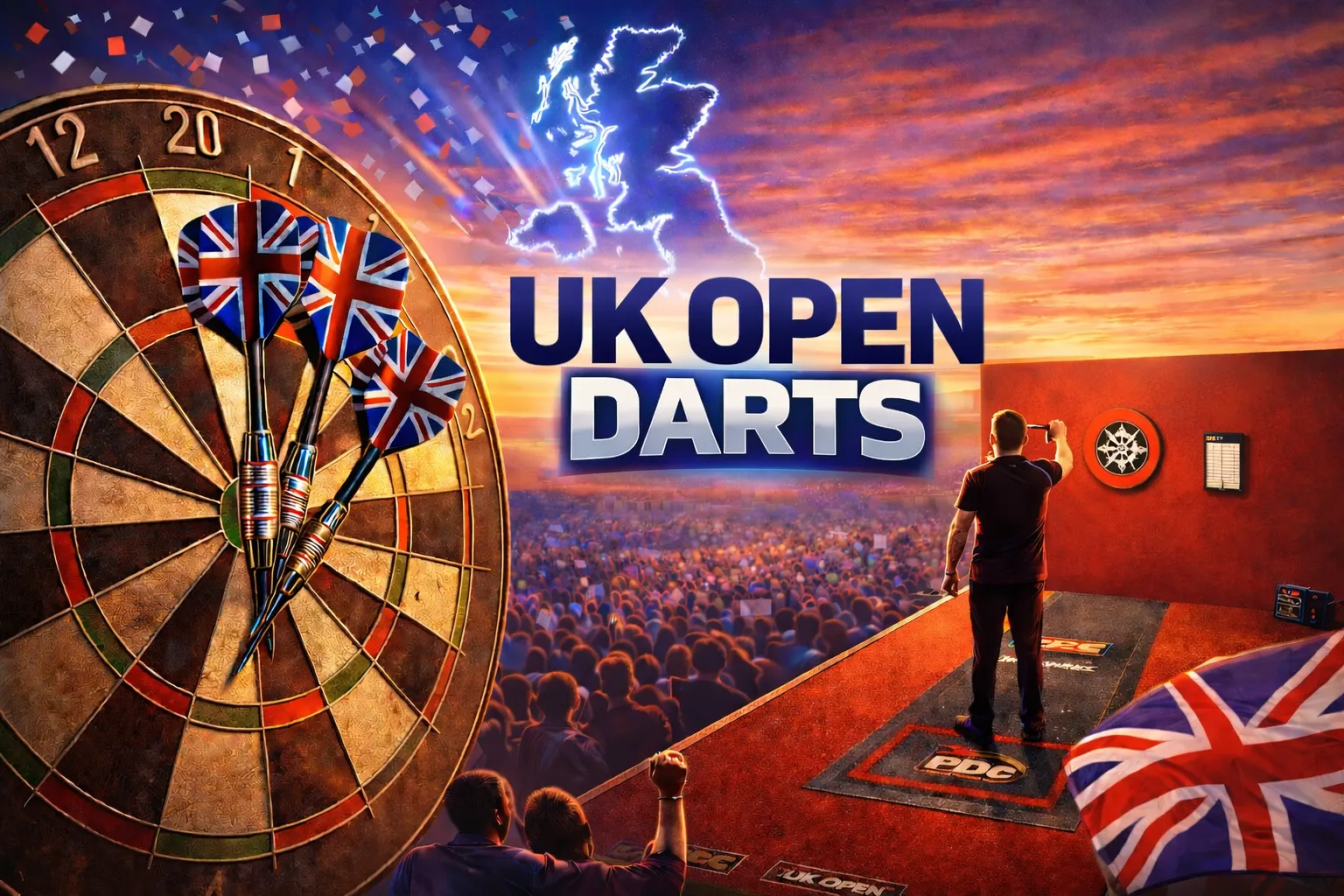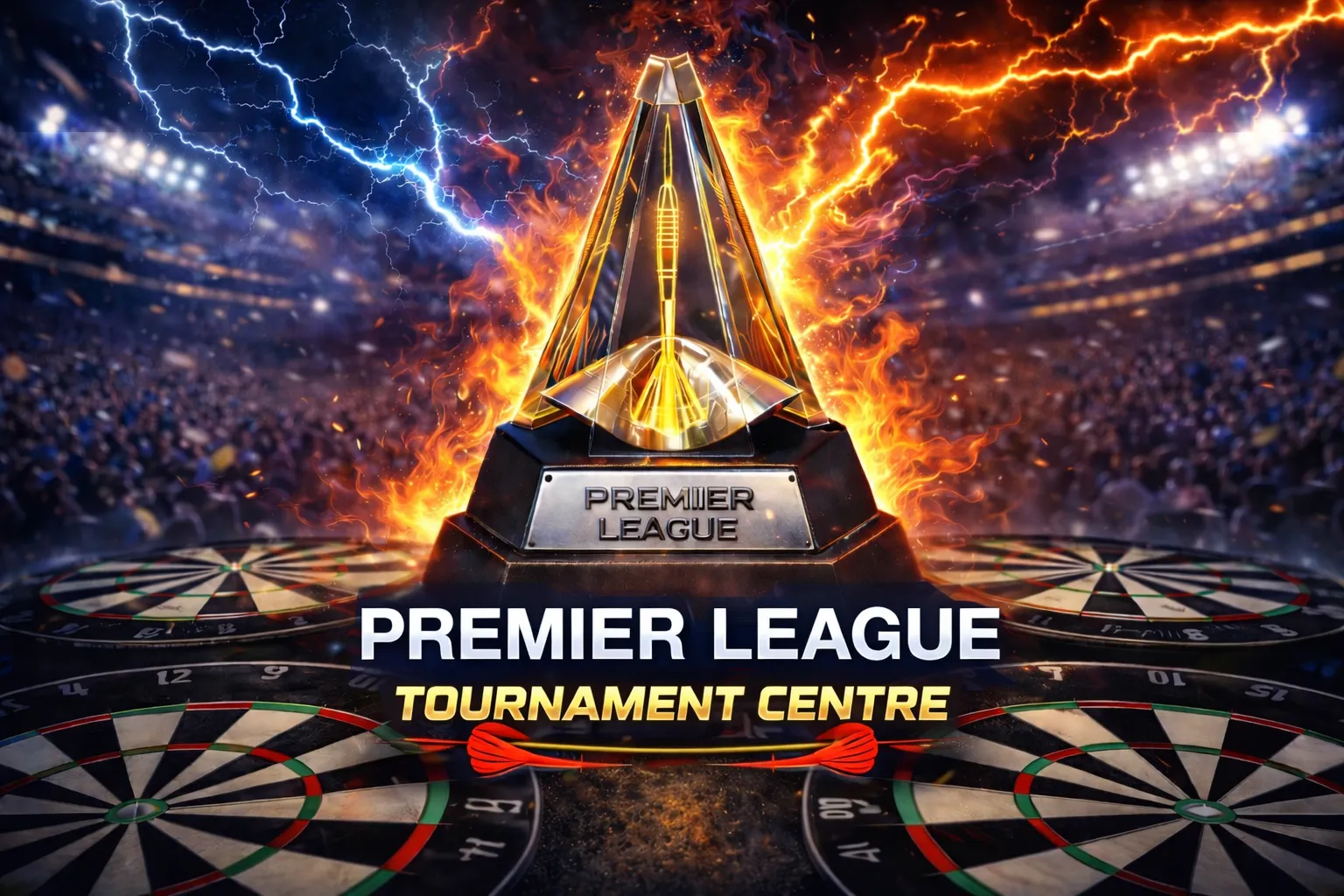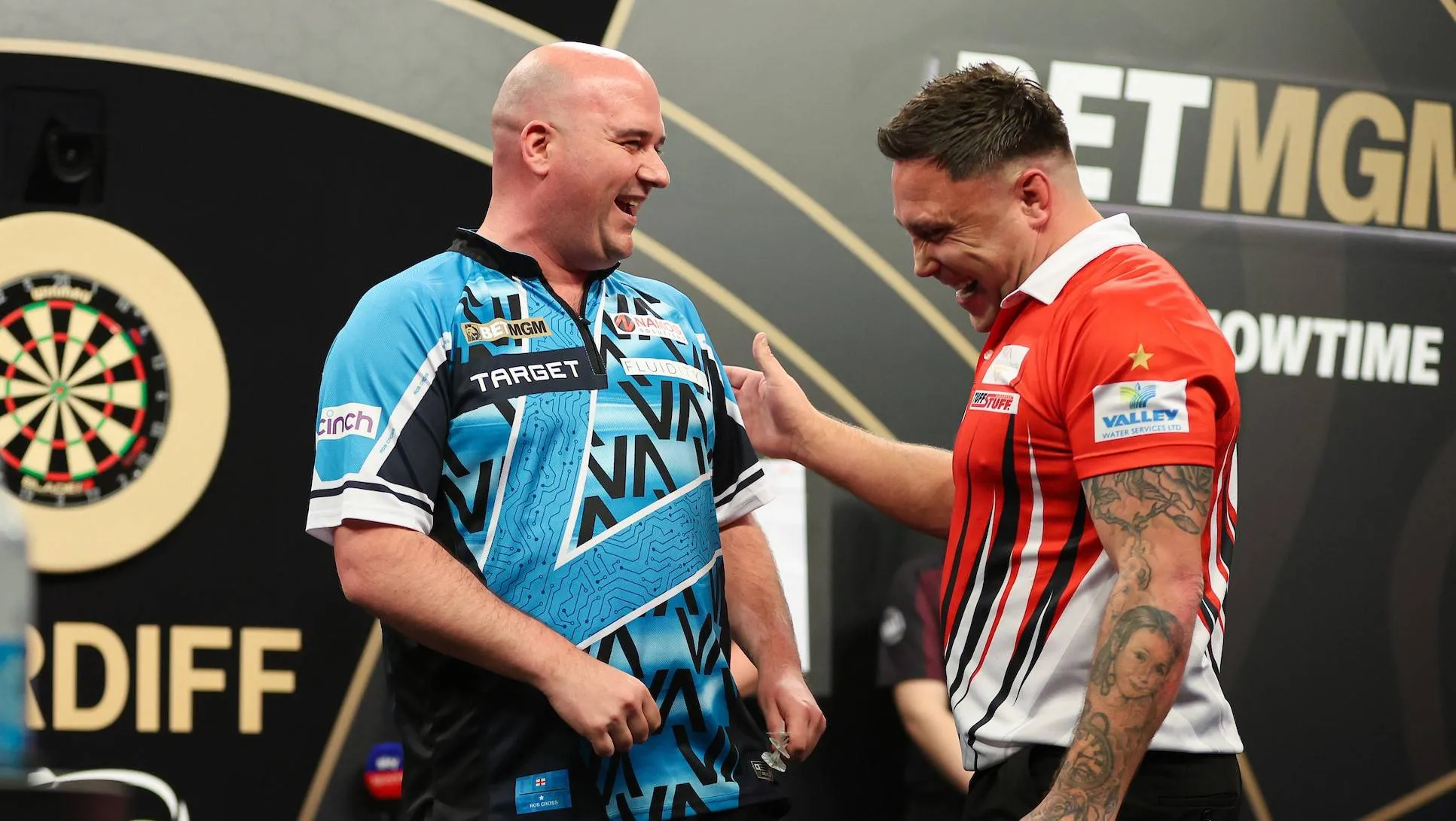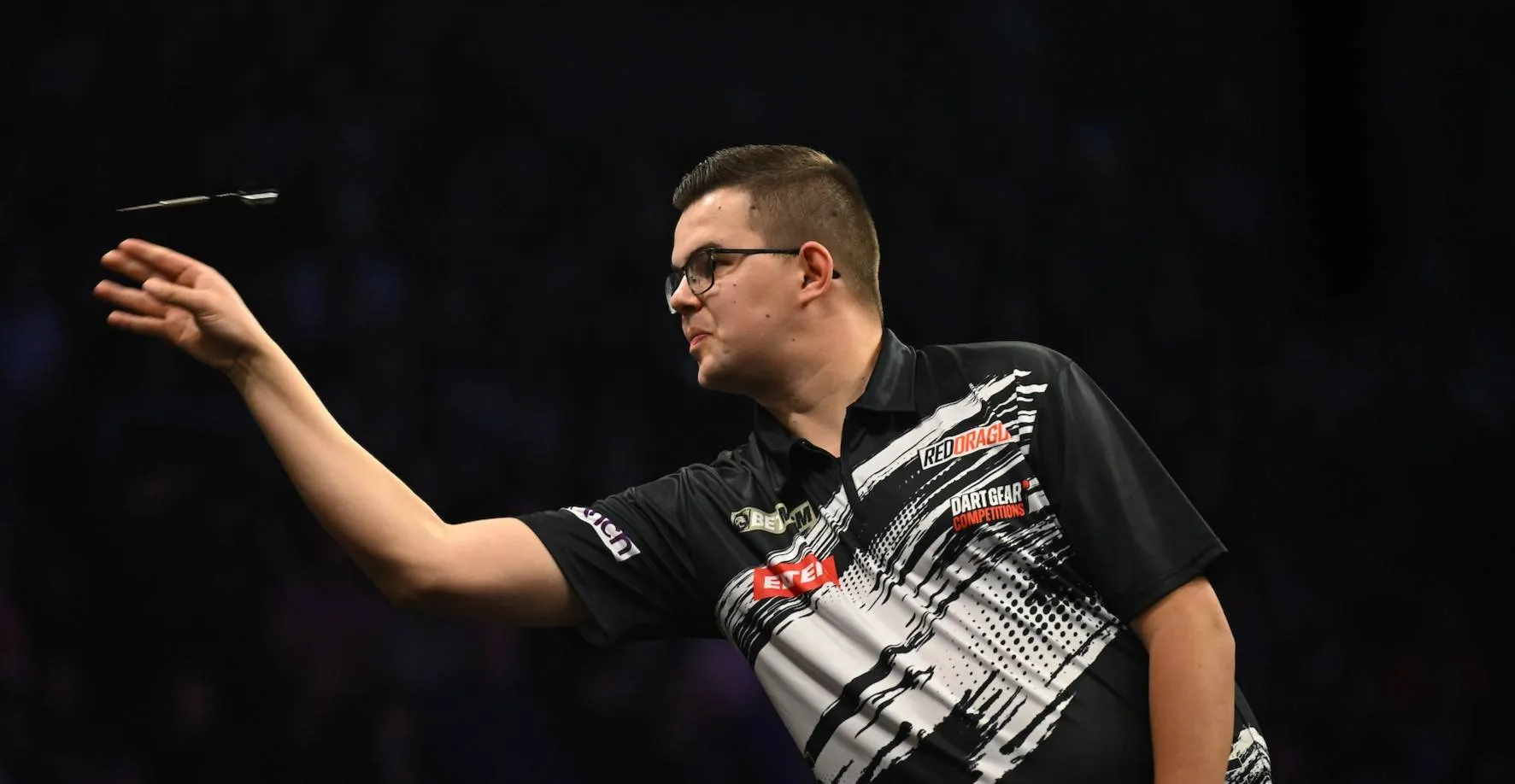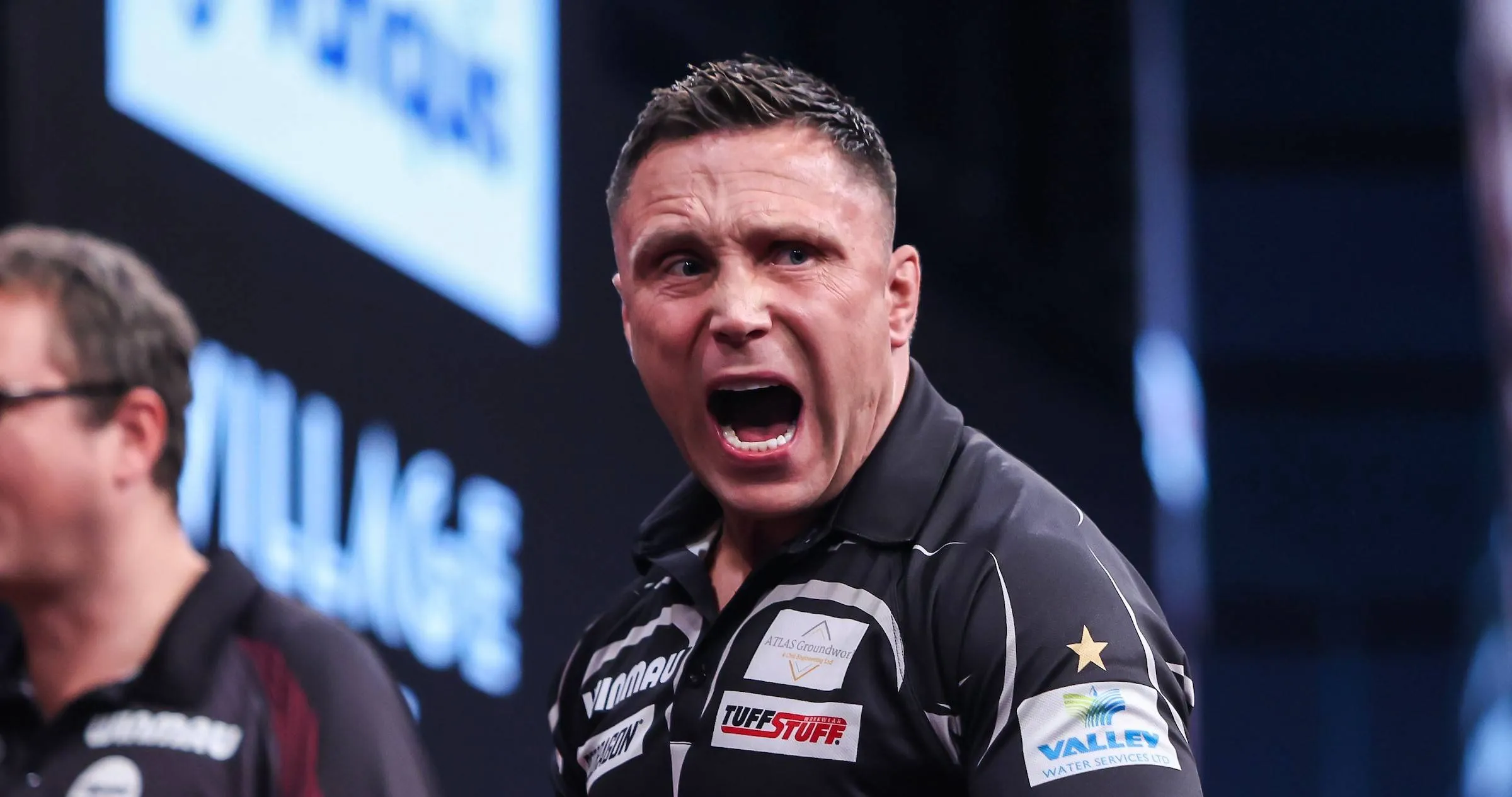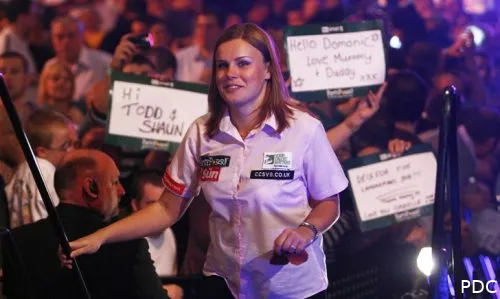
There are many reasons for being a darts fan. The game is easy to understand, easy to play (although very tough to play well), accessible to almost everyone and full of sporting conflict and drama. Darts offers wide-ranging opportunities to all its players, whether social or professional, regardless of their individual differences. In many ways darts is the ultimate game in terms of equality. From a gender standpoint darts has less reason to separate itself into male/female versions than almost any other sport. There are no physical differences between men and women that create difficulties in competing. In snooker, for example the height of the table and certain physical attributes can be said to disadvantage women. Darts has none of these. A look at Lisa Ashton's results, on the PDC Challenge Tour, should provide evidence that women can and will compete on an equal basis within a very few years. From a black and minority ethnic viewpoint the global nature of darts and its popularity with members of all colours and creeds should be obvious. Although much of darts' UK history is centred in the "white working class" there has long been multi ethnic participation and as the game moves away from it's "pub game" roots this is likely to expand even further. The recent performances of players such as Devon Peterson and Kyle Anderson should inspire many from differing backgrounds, and cultures, to take up the game. The low initial costs may balance some of the barriers often experienced in sports such as tennis or golf. Although darts has been viewed as a working class activity this is not fixed and nothing prevents those from differing social backgrounds playing the game either socially or at a higher level. Current players include an economics/business graduate, a lawyer and a policeman. With the high rewards, global nature and improving reputation of the game more participants any snobbery will soon disappear. The barriers facing those with disabilities are also beginning to be worn down. There are both UK and Worldwide disability darts organisations with a tour beginning to take shape. While many of the societal difficulties, access to venues etc., still exist, the game itself is proving open and popular. The Winmau World WDDA Masters will be held, as well as at least five qualifying events, during 2017. It will be no surprise if, within a few years, the top 16 includes players from at least three continents, two (or more) genders, multiple ethnicities and all social classes. Not many mass participation sporting activities can lay claim to such diversity and equality.

Photo: PDC
claps 0visitors 0
Just in
Popular news
Latest comments
- i can't answer this definitively, but i can make some suggestions. firstly, these are essentially just glorified qualifiers for TV events which double as helping the lesser players on tour make a living, but they aren't really considered that significant. they weren't even streamed until the past decade or so. most casual fans don't even know they exist and getting an audience in might be difficult. i'm assuming they're currently quite cheap to run and they would need to sell a lot of tickets to justify opening them up into more of a spectacle. they're held on weekdays when most people are at work anyway and there's no room on the calendar to put most of them on weekends. the logistics of presenting it to an audience would also be tricky given that they have to get through 7 rounds containing 128 players in a single day, using loads of stages simultaneously. maybe the uk open could be used as a template but it'd need to be even more condensed into a short time period, and even with the uk open it's hard to follow most of the games. the venues they're currently held at wouldn't cater for turning this into a public event as they're pretty small, so they'd need to hire much bigger venues 30 times in places around the country. it just probably isn't feasible. i also suspect the players don't really want to play in front of drunk audiences in every single domestic tournament, they already have the euro tour, world series and majors for that. the players championship is basically a way for players to demonstrate they're ready to make the step up to those levels of competition.colt26-02-2026
- Hi, can someone explain why the Players Championship takes place behind closed doors? I've been watching the big championships on and off for decades, but only just started taking a keener interest in the game, and this strange looking competition is a bit of a head scratcher to me at the moment.MrMarkWatsonnonotthatone25-02-2026
- Not Noppy. Get Beau in.medinabello25-02-2026
- If I was noppert,I'd say,sod you lot. You don't think I'm good enough,but suddenly,I can be a replacement? What a load of rubbish. Either you're in,or not. I keep saying,it's a pointless league,just to get people on seats,and beer down their necks. Scrap the whole thingrick6724-02-2026
- Exactly! Did the Glasgow punters get a partial refund for missing out on a potentially explosive match up? I don't know but I doubt it. Given the existing set up, how about this? Four reserves, one European based player to cover the four overseas rounds (including Dublin) and three UK based players to cover four UK rounds each (including Belfast). If the number of continental rounds changed to four for instance then Dublin could be transferred to the UK players allocation for convenience. All reserves should have their travel and accommodation costs covered and to make it worth their while, if they are not used, the reserve could play a match with a LOCAL non tour card holding player between the semi finals and final. This local player would be chosen by a prior qualifying tournament. The prize for this game could be £/euros 1000 or 2000 as the reserve could be spending his time and effort doing an exhibition instead not that I know what the commercial rate for an exhibition is! If the reserve is used in the main competition then the winner and the runner up of the qualifier can play. This could generate additional local interest and publicity. Obviously this doesn't cover every "what if" scenario i.e. What if two main players pull out? Maybe a second of the four reserves could be chosen at random? What do you think?OldShakey23-02-2026
- what a load of crocmedinabello19-02-2026
- So,it's a rubbish league,waste of time. Just put 8000 people in a building every Thursday,get them all drunk,and wonder why it's a complete joke. And forget every other player apart from 8. It's a ridiculous,inane,and needless so called competition.rick6718-02-2026
- Sorry,I've never been a professional darts player,but obviously from your comment,you have. So, going to your reply, you're blaming the management,not the player? So in that respect,he should get a different manager? That's basically all your comment is saying. Don't let him do money makers,which Barney said is easy money, instead of tournaments? Shake hands instead of trophies? Well I guess the manager knows best,as he has a big cut!rick6716-02-2026
- Sorry Mr rick67, erm what punditry credentials do you have to comment on a pundit? There's a reason why many top professionals have management teams. They know how to manage schedules etc so the players can just play. And how is Edgar wrong? Last year MVG failed to qualify by missing too many tournaments and underperforming. He's repeating the error this year so Edgar is right In calling this out.BandB15-02-2026
- Just get of Mardle,I didn't pay to watch him,and I don't want him for free! Let's see,how many world champions,either code,did you win? None! Now mason does it more as a player who was a floor player than you were putting pineapple on your shirt. Mardle,just go,you over inflated ego may follow. Tell you what,get on the seniors tour,and show everyone how good you weren'trick6715-02-2026
Loading
